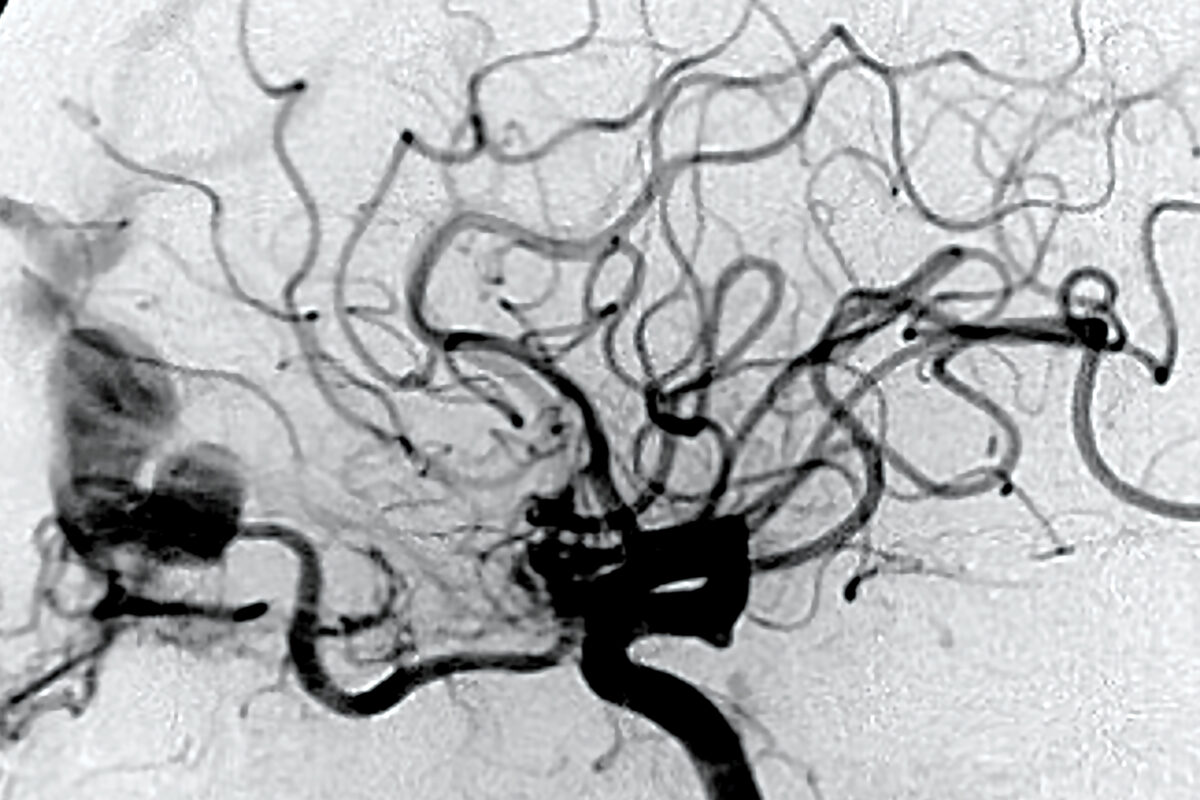
Award-winning videographer and entrepreneur Jeffrey Fort made his gift for cerebrovascular research after WashU Medicine researchers treated him for a dural arteriovenous fistula (dAVF), a blood vessel malformation that threatened his life. Now, neurosurgery faculty members are using his support to drive innovations that will benefit future patients with dAVFs and related conditions, including brain aneurysms and stroke.
Gregory J. Zipfel, MD, head of neurosurgery and the Ralph G. Dacey Distinguished Professor of Neurosurgery, said the money has had a broad impact in a short period of time. It helped his lab set up a multicenter consortium for dAVFs that offers a data registry with a cohort of more than 1,000 patients. The dataset is a boon for investigators across the world seeking insights on a rare condition. It has facilitated more than 10 published studies since 2021.
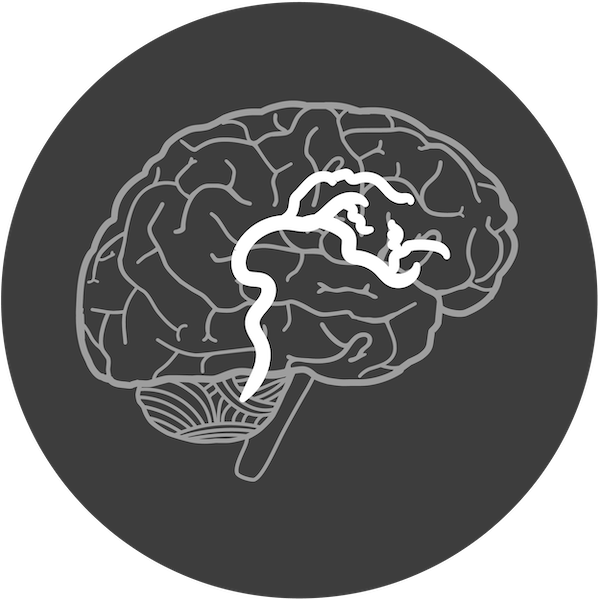
Jeffrey Fort
$5 million in 2019 to establish a professorship in neurosurgery and fund cerebrovascular research
The Fort gift also provided funding to launch a basic science research program exploring the immune response to brain injury after aneurysm; develop devices such as specialized catheters that are easier to maneuver in the brain; and recruit a scientist to advance technology that enables stroke patients to recover motor function.
“When it comes to new technology, philanthropy can really help us move the dial,” Zipfel said. “It can smooth the way through the development pipeline, from idea to prototype to patent. And from there, you can attract investors who can push you over the finish line.”
Beyond the tangible impact of philanthropy, partnerships with donors inspire WashU Medicine researchers, Zipfel said. “When individuals and families enter into a collaboration with us, it energizes our efforts and drives us to keep pushing forward.”
“When individuals and families enter into a collaboration with us, it energizes our efforts and drives us to keep pushing forward.”
— Gregory J. Zipfel, MD
Published in the Winter 2023-24 issue





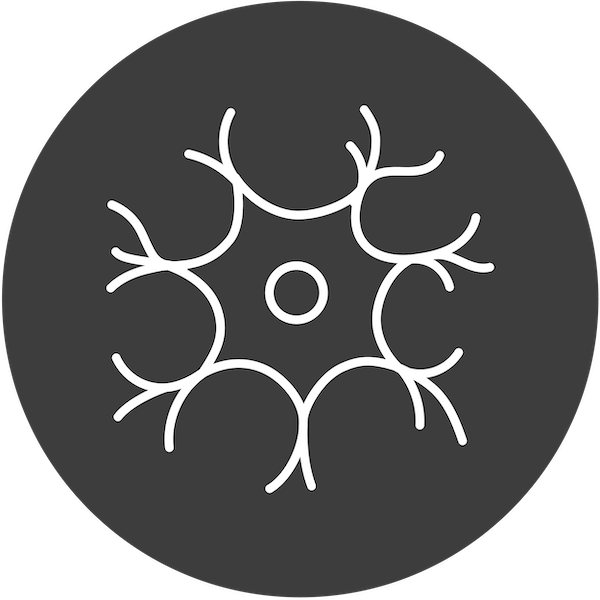
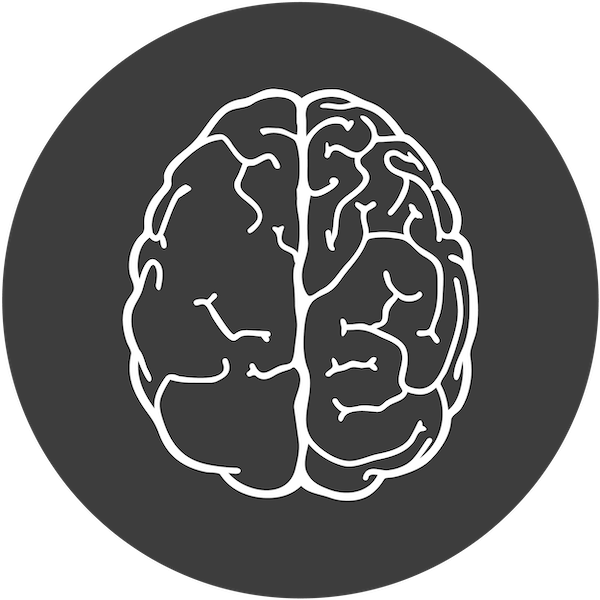
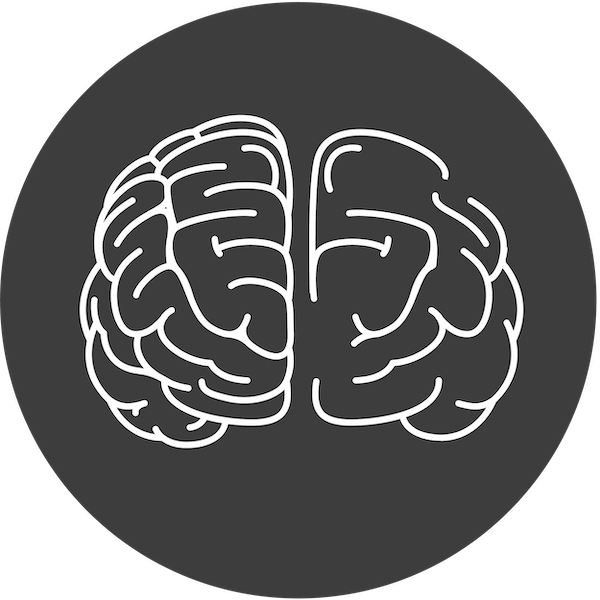
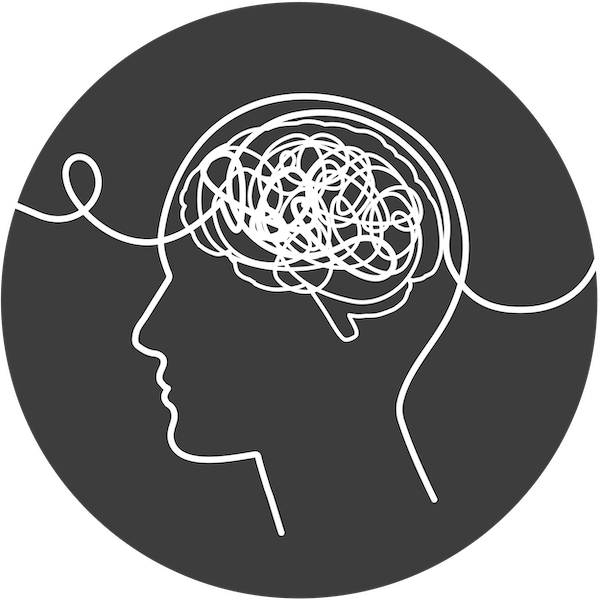
 Share
Share Tweet
Tweet Email
Email